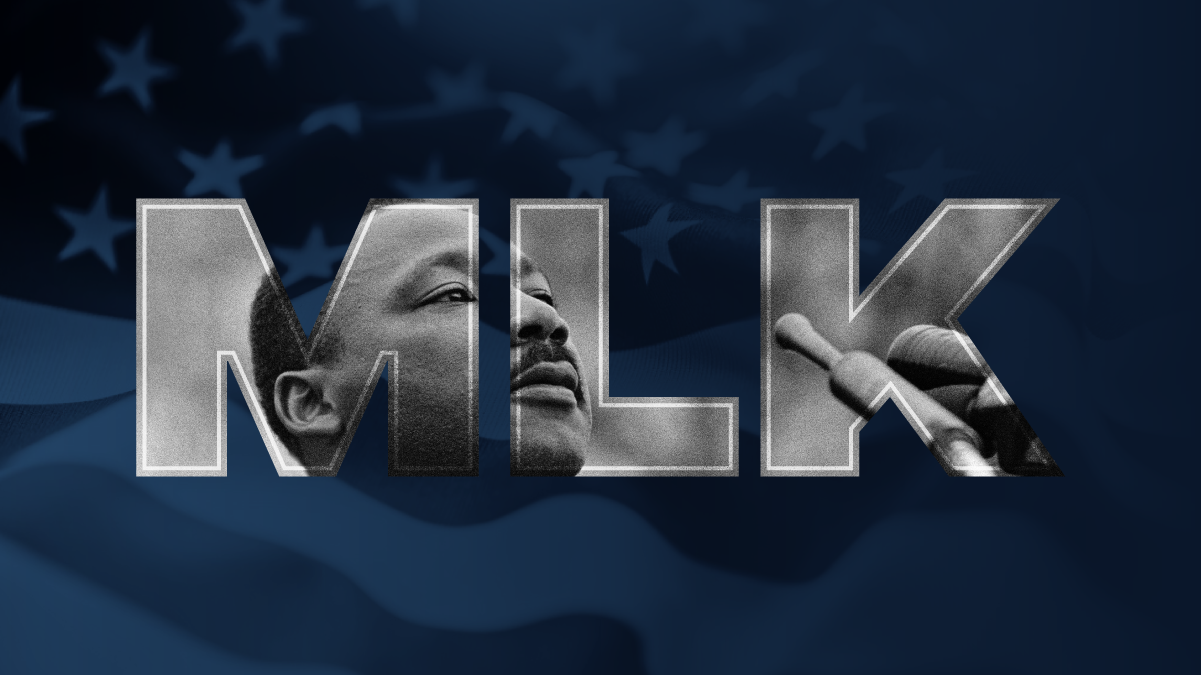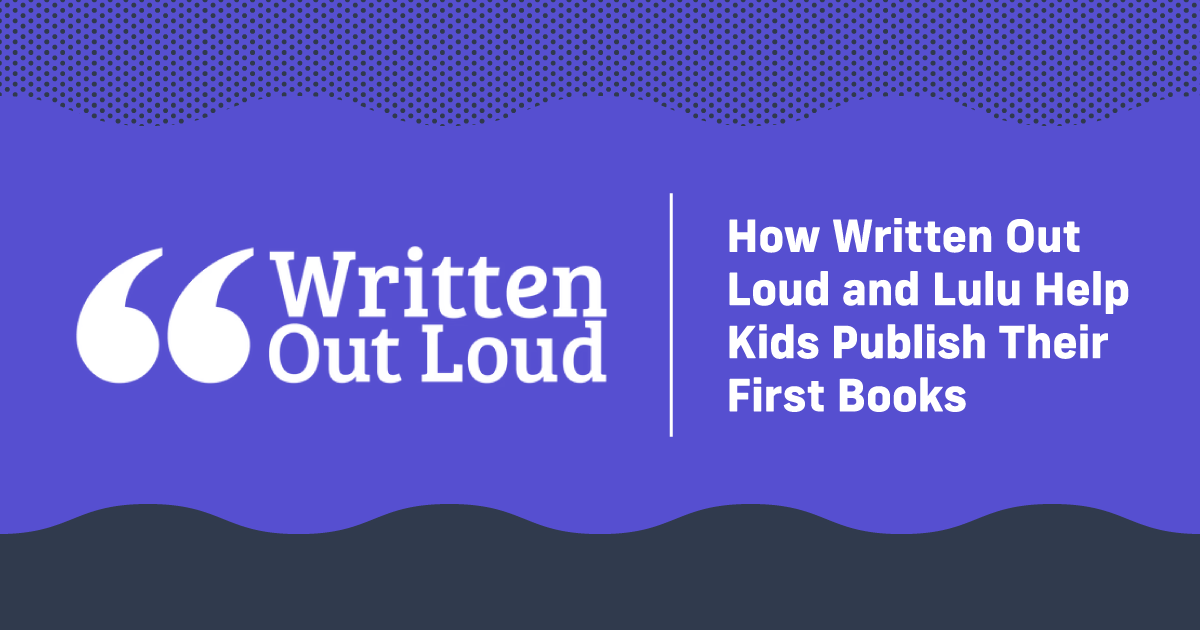The Power of Words: Celebrating MLK Jr’s Legacy
January 20th marks the remembrance and national celebration of Dr. Martin Luther King Jr., a man who became a symbol of courage, struggle, and inspiration. He was one of the many leaders of the Civil Rights Movement from 1955 to 1968, which was a wave of activism to eliminate Jim Crow Laws, systemic racism, racial segregation, discrimination, and injustice. He was the driving force behind numerous historic events such as the Montgomery Bus Boycott and the 1963 March on Washington which helped lead to legislation including the Civil Rights Act of 1964 and the Voting Rights Act of 1965. These were important turning points in United States history.
Today, Dr. King’s contributions and accomplishments are pretty undeniable. He was a leader, an inspirational speaker, and a martyr of his beliefs. He doesn’t even need an introduction. Celebrating his legacy seems so natural today, but that wasn’t always the case.
The Fight to Mike Martin Luther King Jr. Day a Federal Holiday
Campaigns for creating a holiday to remember and honor Dr. King came not long after his assassination in 1968. But it was a hard-fought battle that took 32 years of campaigning and immense work from Coretta Scott King, the King Center, the Congressional Black Caucus, and activists to make Martin Luther King Jr Day a reality. President Ronald Reagan signed a bill creating a U.S. federal holiday to honor King in 1983, but it took years for this holiday to be celebrated by every state. It wasn’t until 2000 that all states finally observed Martin Luther King Jr Day.
Now that we’ve covered Martin Luther King Jr’s background and some history, let’s explore this day further by studying some of King’s written works.
The Power of Words
King was an amazing writer. Writing played a pivotal role in Martin Luther King Jr’s work toward social change. It was the use of language and communication that advanced the Civil Rights Movement. His writing, communication, and leadership skills helped pave the way for legislation that has changed the United States forever. Of course, other forms of activism (such as sit-ins) played a more visible role in pushing America’s policymakers to act. While researching for this blog, I took some time to read his writing (an amazing way to spend an afternoon, by the way!) and it is undeniable how he inspired people through the gift of words. His speeches were so powerful that they helped change how society approached civil rights and inspired millions worldwide.
Side note: If you’re looking for something to read, I highly recommend some of King’s books. King authored numerous books about the battle for civil rights.
King inspired people in his generation and even generations now with his writing and speeches.
Through his writings and speeches, King outlined a vision of America that was inclusive, where the color of a person’s skin had no importance compared to the content of a person’s character.
Let’s explore his two most iconic works, the Letter from Birmingham Jail and I Have A Dream speech.
Words can be a powerful form of rebellion. During his time in prison in Alabama, King didn’t stop writing to promote equal rights for all. The “Letter from Birmingham Jail” is significant because it served as a defense of civil disobedience addressed to a group of white clergymen who had criticized his tactics. This letter was not only a defense, it demanded civil rights legislation to protect the rights of Black Americans and it drew attention to racial discrimination.
The iconic “I Have a Dream” speech, the way it was written, was one of the most influential remarks in American history. It was this legendary vision that altered the course of the Civil Rights Movement as well as struck the hearts of our nation. People are still reading and listening to that speech decades after its delivery. A big reason why this speech is so memorable is due to how he very vividly drew a picture of how life could be versus how it was. “I Have A Dream” speech envisioned a world where people were no longer divided by race. He focused on the “dream” and this inspired action.
King’s words are as relevant today as they were 60 years ago. They serve as a reminder of racial inequalities that have lingered into the present day. He communicated ideas in a way that opened the nation’s eyes to the possibility of equality for all. There is something to be said about the momentum of the written word. Words have the power to bring about political, social, or economic change. Ideas have an impact on the hearts and minds of people and can be a catalyst for change.
Never underestimate the power of words. As writers, readers, activists, creators, and people, we have a responsibility to continue King’s work. King fully understood the power of words and he used that power to support his mission.
What Writers Can Learn From Martin Luther King Jr.
After reading his words, here are some things I’ve learned:
Use Rhetorical Questions To Stir Reflections
“How does one determine whether a law is just or unjust?”
Martin Luther King Jr. used compelling rhetorical questions in his “Letter from Birmingham Jail” and his other works to make his audience think about their own actions. Asking rhetorical questions is an effective tool to help your audience see things in a different light and get them to think critically about what you’re saying.
Emphasize Your Message Through Repetition
King was a master of repetition. He used repetition to his advantage, emphasizing key points throughout his speech, making them memorable and effective. In his “I Have A Dream” speech, he repeated specific phrases over and over again to get the message across loud and clear.
He used phrases like “Now is the time” and “I have a dream” in his “I Have A Dream” speech repeatedly. This was done on purpose and is strategic. “Letter From a Birmingham Jail” contains many memorable phrases including the iconic: “Injustice anywhere is a threat to justice everywhere.” Repetition made his work memorable, which is why these statements are easily recognizable today. Repetitive powerful phrases helped cement his message among activists of his time and ensured that future generations would instantly recognize his words.
Incorporate the Ideas of Other Writers To Pull In Various Audiences
“I have a dream that one day every valley shall be an exalted, hill, and mountain shall be made low. The rough places will be made plain, and the crooked places will be made straight. And the glory of the Lord shall be revealed, and all flesh see it together.”
King used familiar references his audiences would know to connect and relate with them. The March on Washington speech referenced biblical and other historical texts that resonated with his listeners. There were references to the Declaration of Independence, the Gettysburg Address, and even Shakespeare. He even referenced African American authors such as W. E. B. Du Bois. The “Letter from a Birmingham Jail” is a document rich in literary and philosophical value. King invokes names like Socrates, St. Augustine, Lincoln, and Niebuhr to show that his mission is the next in this storied line of thought and action.
These references added depth and layered historical meaning to his speech because he addressed many different audiences at once. He made those important lessons come alive with skilled storytelling that helped his audience understand familiar ideas in a whole new way.
Be Empathetic
Empathy is a common theme across all of King’s works. Empathy is why his words bring out connections and resonate with readers decades after he wrote them. He understood his audience and it was empathy that allowed him to captivate and drive diverse groups of people towards a shared goal. He made everyone around him feel something. Because he was able to stir up emotion in others, which mobilized them into action.
How His Words Have A Lasting Impact And Inspire Activists Today
“I have a dream that enough is enough. And that this should be a gun-free world–period.”
These words were spoken by Yolande Renee King at the March For Our Lives rally in Washington D.C., on March 28, 2018, reigniting her grandfather’s dream to live in a no-violent world.
King’s words are remembered today, continuing to inspire generations of Americans. He carried on a long tradition of using our words in the face of injustice.
Ideas of change are powerful, and you too can use words to bring on change. Writing has the power to connect and inspire, to give shape to powerful ideas. The stories and ideas we share have the potential to spark great movements.
There’s a story waiting to be told and it’s easy to share your ideas now more than ever. Who gets a platform to voice their opinions and who doesn’t were decisions made by gatekeepers, editors, or publishers. But now we live in a world where it’s easy to put your voice out there for others; whether it’s in a book, a Medium article, or even a tweet. King changed the world, and we must continue his work to keep his vision alive.
Martin Luther King Jr. Day is important because not only does it honor and recognize his legacy, it serves as a day to inspire us to serve in our own ways. Write, speak, volunteer, support organizations, and start organizations to counteract the injustices of today. He authored numerous books: and read them. Listen to his speeches. Reflect and start discussions with your family, friends, coworkers, etc. King fought for multiple causes including racial justice, economic equality, and affordable housing–all issues we’re still trying to figure out in 2022.
King spoke of his vision of equality in his iconic “I Have A Dream” speech. And his vision is still yet to become a reality.




